The world of OTAs is filled with short-term rental myths. Everything from higher crime rates to more frequent neighbor disputes can be, and often is, blamed on vacation rental properties! As advocates of a safe and fair vacation rental industry, we know it’s possible to run your business responsibly and ethically.
What Do We Mean by ‘Short-Term Rental Myths’?
According to the Merriam-Webster online dictionary, the word ‘myth’ is defined as “an unfounded or false notion.” Myths can be common views, old wives’ tales, superstitions, or just plain falsehoods.
In the context of the short-term rental market, these myths often stem from misunderstandings or exaggerated scenarios. Myths can range from notions about the impact of rentals on local neighborhoods to false beliefs about the complexities of managing these properties.
It’s important to recognize these myths for what they are: unfounded beliefs that can hinder the growth of a successful STR business. Previously, we did a post on dynamic pricing myths where we explored all of the falsehoods associated with one of the most popular pricing strategies in the world!
The Impact of Myths on Property Management Companies
Short-term rental myths not only affect individual hosts but also shape the perceptions and strategies of short-term rental management companies. These companies play a crucial role in ensuring that short-term rentals operate smoothly, adhering to regulations, and maintaining a high standard of guest experience.
Debunking these myths is vital for these companies to effectively manage properties and support hosts in running their businesses. As we continue, we will dive deeper into specific myths, dissecting and discussing them to reveal the truths hidden beneath these common misconceptions.
We aim to provide a clearer understanding of the short-term rental market and demonstrate how, with the right approach and management, short-term vacation rentals can be a valuable and responsible part of the travel and hospitality industry.
The Most Commonly Heard Vacation Rental Myths
Vacation Rentals like Airbnb Properties Cause More Harm than Good
For local communities, having a large number of vacation rentals brings a certain level of dread. However, in the majority of instances, it’s unnecessary. The presence of vacation rentals such as Airbnb properties in local communities doesn’t always spell trouble. In fact, these rentals often contribute positively to the area.
Investment in local areas spurred by short-term rentals is a significant benefit. Guests who rent these properties typically bring more spending power and show a higher likelihood to engage in tourist-centered activities, which might not be as appealing to locals. This increased spending is not limited to the obvious beneficiaries like local restaurants and shops. It extends much further, positively impacting a wide array of businesses and services in the community.
Moreover, the influx of tourists staying in these rental properties often prompts national governments to invest more in these communities. This investment can lead to improved infrastructure and services, further enhancing the appeal of the area both for tourists and residents alike. Therefore, despite the popular belief that vacation rentals cause more harm than good, they play a crucial role in the economic vitality of many local communities.
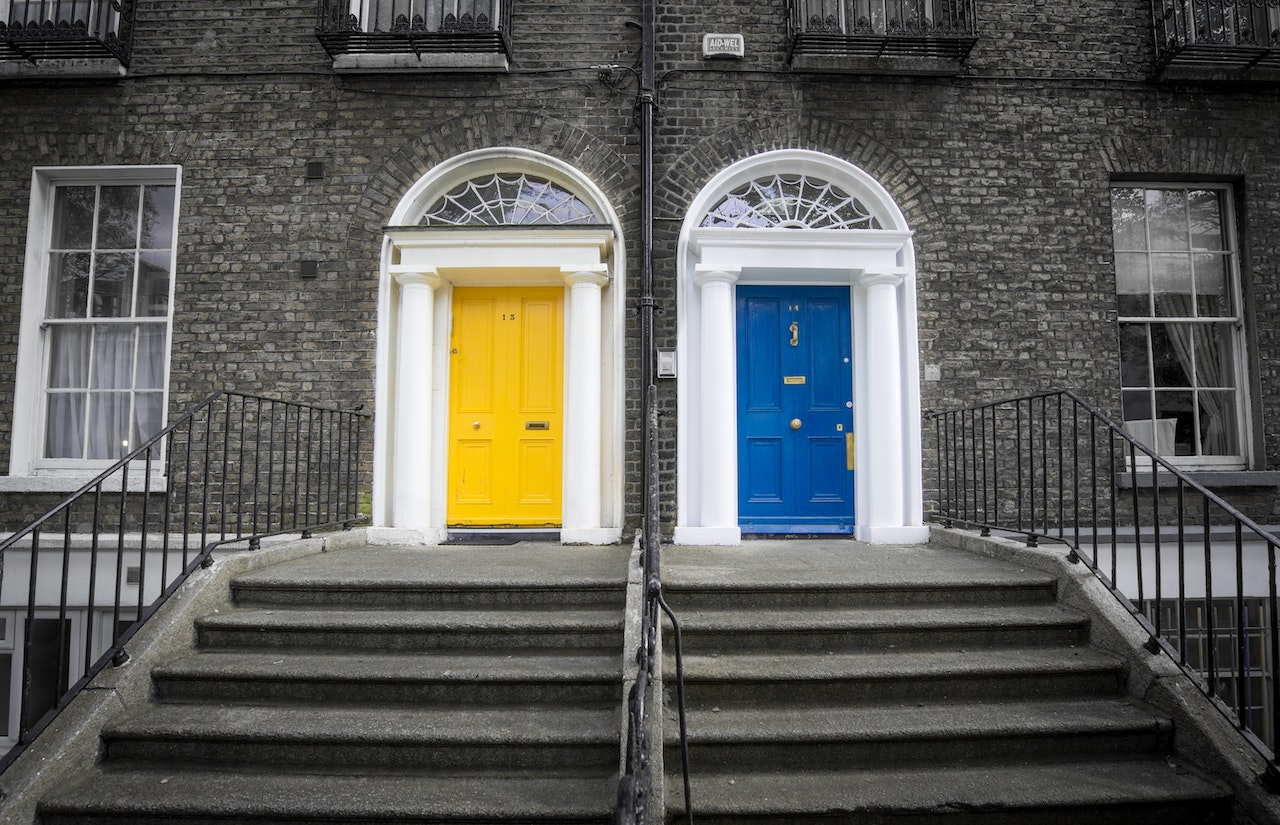
Short-Term Rental Properties Destroy Neighborhoods
This one is pretty easy to debunk. Depending on the social landscape of your local area, it’s highly unlikely that vacation rental guests could ‘destroy’ a neighborhood. Airbnb recently made their party ban a permanent part of their code of operations and they take rule breaks very seriously.
Airbnb has even set up a hotline for the neighbors of Airbnb hosts to call if they suspect a party is going on in an Airbnb property close to them. What does that say about Airbnb as a company? Well, it says that it takes complaints seriously and wants hosts and neighbors to feel comfortable with a vacation rental property in the area.
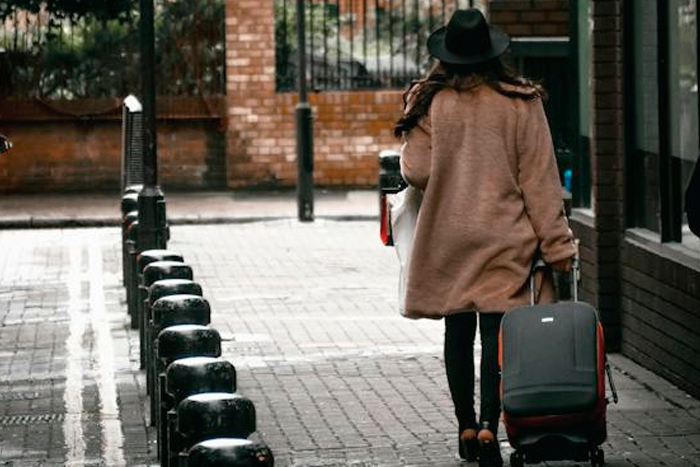
Vacation Rental Properties are a Full-Time Job
Being a parent is a full-time job. So is saying up to date with the latest drama on Twitter. But by no means does owning (or operating) a vacation rental property need to be a full-time job. We live in a modern world. Vacation rental properties can be managed more efficiently with the right tools and strategies.
Utilizing a property management company can be a game-changer. These companies specialize in handling various aspects of managing a vacation rental, from maintenance to guest communications. They can ensure your property is well-maintained and ready for guests, even during off-peak seasons, thus maximizing your property’s potential.
Dynamic pricing services, like DPGO, can take the task of pricing strategy off your shoulders, adjusting rates to maximize revenue throughout the year. This is particularly useful for those who have a day job and cannot dedicate all their time to their property. Additionally, property management software can automate routine tasks such as responding to inquiries, sending invoices, and managing your calendar.
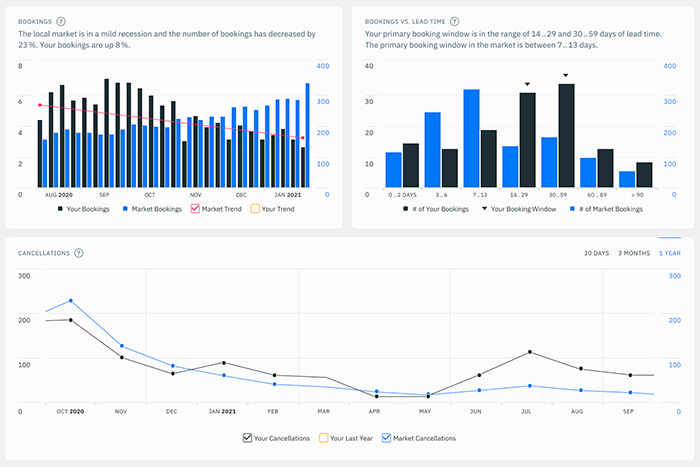
For those concerned about the logistics of guest management, remote access systems like smart locks eliminate the need for physical presence during guest check-in and check-out. This allows for a more flexible approach to managing your property and ensures smooth operations.
Moreover, for property owners who prefer less frequent turnovers, considering long-term rentals during certain periods can be a viable option. This approach can reduce the risk and workload associated with short-term rentals.
Cleaning teams are another vital aspect of STR management, ensuring that your vacation rental is always in top condition for new guests. This not only enhances the guest experience but also maintains the quality of your property over time.
The investment in these services and technologies, including the possibility of purchasing additional tools, is an investment in peace of mind and efficiency. The modern vacation rental property owner can maximize the benefits of their investment without it becoming a full-time job, thanks to these advancements in property management solutions.
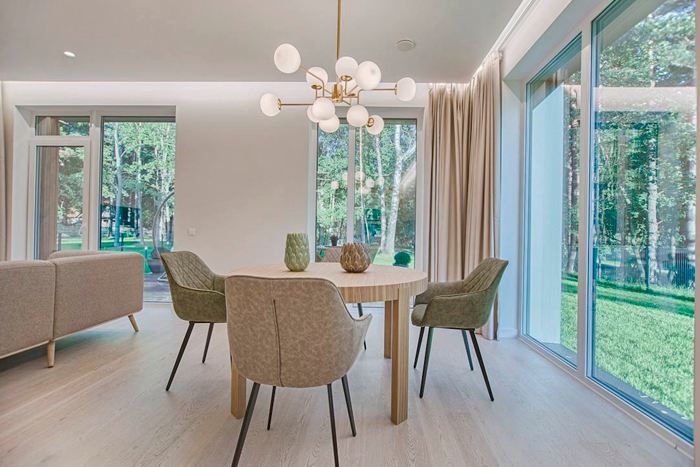
Vacation Rentals are Profitable Only Beyond Peak Seasons
One common myth is that short-term rentals are only profitable during peak tourist seasons. However, successful STR businesses and rental management companies have found ways to host guests and maintain steady income even in off-peak seasons.
This involves understanding market trends, catering to different guest needs, and employing dynamic strategies to attract a diverse range of visitors year-round.

The Vacation Rental Era is Ending Due to Government Regulations
Contrary to the belief that government regulations are signaling the end of the vacation rental era, the industry continues to adapt and thrive. While it’s true that local regulations are becoming more stringent in some areas, this is not leading to the demise of the industry. Instead, it’s reshaping how the vacation rental market operates, particularly in low-regulation markets.
Balancing STR Demand with Community Needs
Governments are trying to put a lid on the industry, at least in their local contexts. Because vacation rental ownership is so profitable, naturally everyone wants a piece. Towns cannot operate without full-time residents, so local governments need to step in to keep the situation under control.
Regulatory Measures and Their Impact on STR Home Owners
Most governments are now requiring hosts to register their STR homes and obtain special licenses. We’re also seeing a greater requirement for hosts to only rent their properties for 30 days or more. This is called ‘mid-term rental’. This shift towards formalization helps maintain a level of control over the market. Occupancy rates in some areas have rebounded to pre-pandemic levels, indicating a robust demand for short-term rentals despite regulatory challenges.
In conclusion, while the vacation rental industry is changing due to government regulations, it is far from ending. The market is evolving, with property owners and hosts adapting to the new landscape. The demand for vacation rentals remains strong, and the industry continues to be a lucrative option for those willing to navigate the changing regulatory environment.




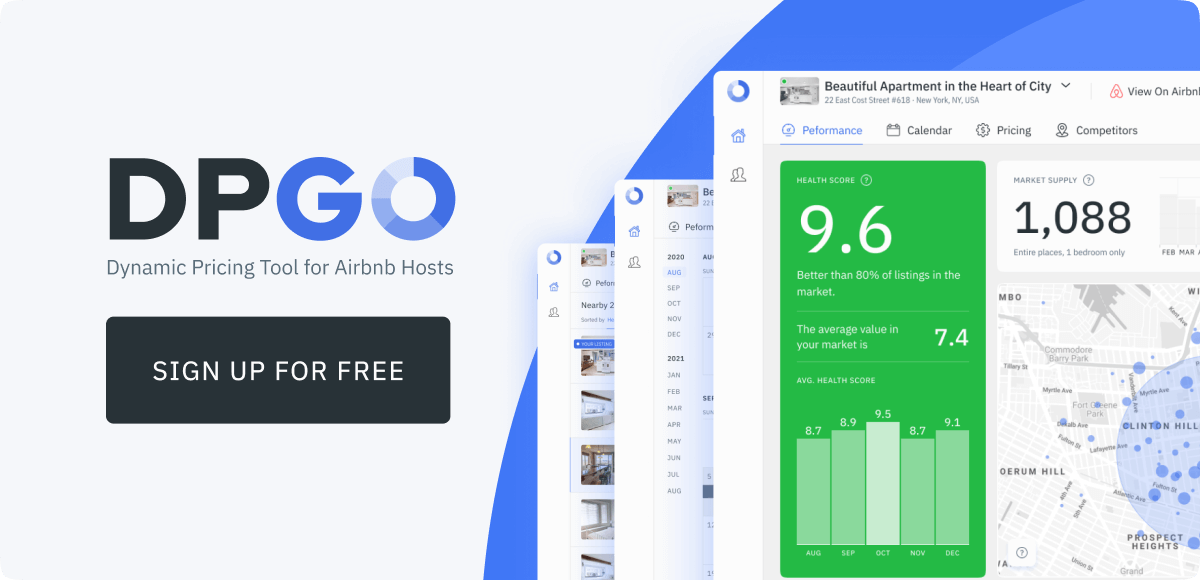


Comments are closed.